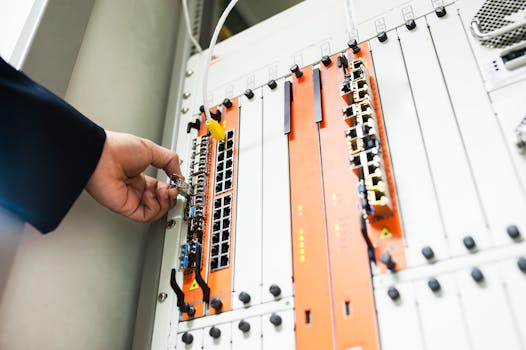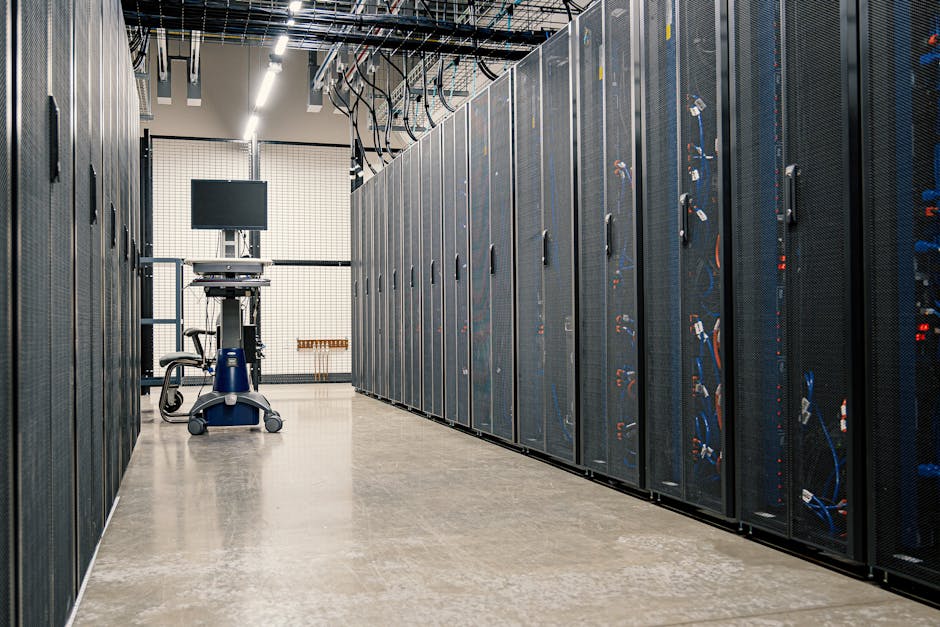
Bridging the Digital Divide: How African Fiber Companies are Transforming Connectivity
Bridging the digital divide is a significant challenge facing many African countries, where access to high-speed internet is limited, and the cost of connectivity is prohibitively expensive for many individuals and businesses. However, African fiber companies are transforming the landscape of connectivity, providing high-speed internet access to underserved communities and bridging the digital divide.
The State of Internet Access in Africa
Despite the rapid growth of internet access in Africa, the continent still lags behind other regions in terms of connectivity. According to the International Telecommunication Union (ITU), in 2020, only 22% of the African population had access to the internet, compared to 47% in Europe and 64% in the Americas. The lack of internet access is particularly acute in rural areas, where the majority of the population lives.
The digital divide is not only a matter of access to internet infrastructure but also a matter of affordability. The cost of internet access in Africa is among the highest in the world, making it difficult for many individuals and businesses to afford. This has significant implications for economic development, as access to the internet is essential for participation in the digital economy.
The Role of African Fiber Companies
African fiber companies are playing a critical role in transforming the landscape of connectivity in Africa. These companies are investing heavily in the deployment of fiber optic cables, which are capable of providing high-speed internet access to underserved communities. Fiber optic cables have several advantages over traditional copper cables, including higher speeds, greater reliability, and lower latency.
One of the leading African fiber companies is Liquid Telecom, which has deployed over 70,000 kilometers of fiber optic cables across 13 countries in Eastern, Central, and Southern Africa. The company’s network stretches from Kenya to South Africa, passing through countries such as Tanzania, Zambia, and Zimbabwe. Liquid Telecom’s fiber network provides high-speed internet access to businesses, governments, and individuals, enabling them to participate in the digital economy.
Impact of African Fiber Companies
The impact of African fiber companies on connectivity in Africa has been significant. The deployment of fiber optic cables has enabled the provision of high-speed internet access to underserved communities, bridging the digital divide and promoting economic development. According to a report by the ITU, the deployment of fiber optic cables in Africa has resulted in a 30% increase in internet penetration, with the number of internet users growing from 170 million in 2010 to over 450 million in 2020.
The impact of African fiber companies is not limited to the provision of internet access. The deployment of fiber optic cables has also enabled the provision of other digital services, such as cloud computing, data storage, and cybersecurity. This has enabled businesses to take advantage of the digital economy, improving their competitiveness and productivity. Additionally, the deployment of fiber optic cables has enabled governments to provide digital services to citizens, improving the delivery of public services and promoting transparency and accountability.
Challenges and Opportunities
Despite the progress made by African fiber companies, there are still significant challenges to be addressed. One of the major challenges is the lack of infrastructure in rural areas, where the majority of the population lives. The deployment of fiber optic cables in these areas is often hampered by the lack of electricity, roads, and other essential infrastructure.
Another challenge is the high cost of internet access, which remains a significant barrier to adoption. The cost of internet access in Africa is among the highest in the world, making it difficult for many individuals and businesses to afford. This has significant implications for economic development, as access to the internet is essential for participation in the digital economy.
Despite these challenges, there are significant opportunities for African fiber companies to transform the landscape of connectivity in Africa. The demand for high-speed internet access is growing rapidly, driven by the increasing adoption of digital services, such as e-commerce, online education, and telemedicine. Additionally, the deployment of fiber optic cables has the potential to promote economic development, improve the delivery of public services, and promote transparency and accountability.







